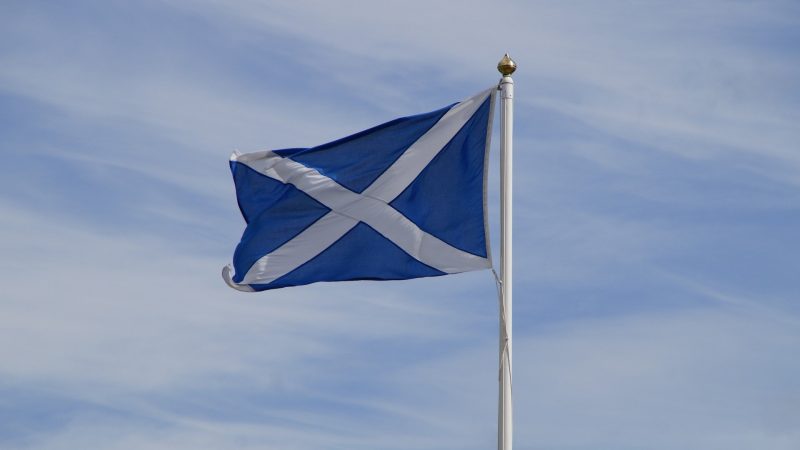
As the local elections in England recede, Scotland stands as the gateway to a Labour majority. And Labour certainly spies opportunity north of the border. The SNP are now more vulnerable than at any point since 2015, with current forecasts suggesting Labour could win more than 20 Scottish seats.
But there are good reasons why Scotland may yet form more of an obstacle than an opportunity. In January – before Nicola Sturgeon’s resignation – some seven in ten of those who voted SNP in 2019 said they would do so again at the next general election. By April, that had fallen to 57%. But what Labour supporters must realise is that these SNP voters are not yet switching to Labour. The percentage of SNP to Labour switchers has remained the same through January to April – stuck at 10%. What has happened instead is a doubling (from 8% to 16%) of SNP voters who say they are undecided, alongside small shifts to the Greens and other smaller parties.
It was this group of voters – SNP in 2019, now unsure – that JL Partners spoke to for our most recent TimesRadio focus group. There is little doubt that the investigation of party finances has cut through with SNP voters. Our participants talked of an “SNP treasury nightmare”, of a wave of “mudslinging and noise”, a feeling of destabilisation and insecurity. One voter said she was doubting her long-held view that the SNP was different, “more transparent than Westminster”.
But, while discomfited by the scandal, these voters did not seem to have been put off voting for the SNP in the long run; in the words of one: “It’s not changed how I fundamentally feel about the party.” Indeed, it was widely felt that any wrongdoing has been exaggerated and exploited by a hostile media – “the forces of Sauron and Saruman”, as one voter put it.
Indeed, these voters’ brand loyalty remains remarkably strong. This is most vividly seen in the near hero worship of Sturgeon – “a remarkable person”, “an icon of Scottish politics”, a “passionate” and “capable” politician. One participant recounted how “for eight years, I’ve always been behind her”, while another told of her tears on “the day we found out she was going”. This is borne out in the polling; a staggering 86% of 2019 SNP voters say Sturgeon was a good leader for Scotland.
Of course, a personal brand is not a party brand. One voter did admit that “voting for the SNP was more about Nicola Sturgeon… rather than for the full party as such”. Humza Yousaf’s brand is clearly a long way off his remarkable predecessor’s. In January, 78% of 2019 SNP voters had a favourable view of Sturgeon; in April, just 32% thought Yousaf was doing well as First Minister, and nearly half felt he would do worse than Sturgeon.
But this is where focus groups can offer real insight. While our undecided voters clearly viewed Yousaf as a downgrade, their enduring party loyalty meant they viewed him through a hopeful, optimistic lens. Yousaf was described as focused, confident, honest – “not frightened to stand up to anyone.” As one put it: “I really want him to do well.” While not bowled over by Yousaf as yet, these voters continue to bear him goodwill and are willing to give him a chance.
This underlines the least tangible but perhaps most important insight from the group. At bottom, these voters still think of themselves as SNP supporters, if not currently voters. Where many 2019 Conservatives have suffered a fundamental break and a deep loss of confidence, these voters seem merely to be taking a step back. That is why it is plausible that, after a mid-term wobble, these voters will return to what still feels their natural home – the SNP.
It could be that these voters merely remain in a ‘Sturgeon glow’ and that this will fade as we approach the next election. It could be that Yousaf will continue to disappoint, that the party’s disunity will worsen, that the sense of scandal will deepen. But, right now, the move away from the SNP appears insubstantial. Labour cannot yet rely on these voters to pave their path to a majority.




More from LabourList
‘It’s one year since I became Britain’s youngest MP. Here’s what I’ve achieved so far’
Tribute: ‘David Lipsey’s joie de vivre is missing in Labour politics today’
Ellie Reeves: ‘One year in, the next phase begins – focused on living standards’